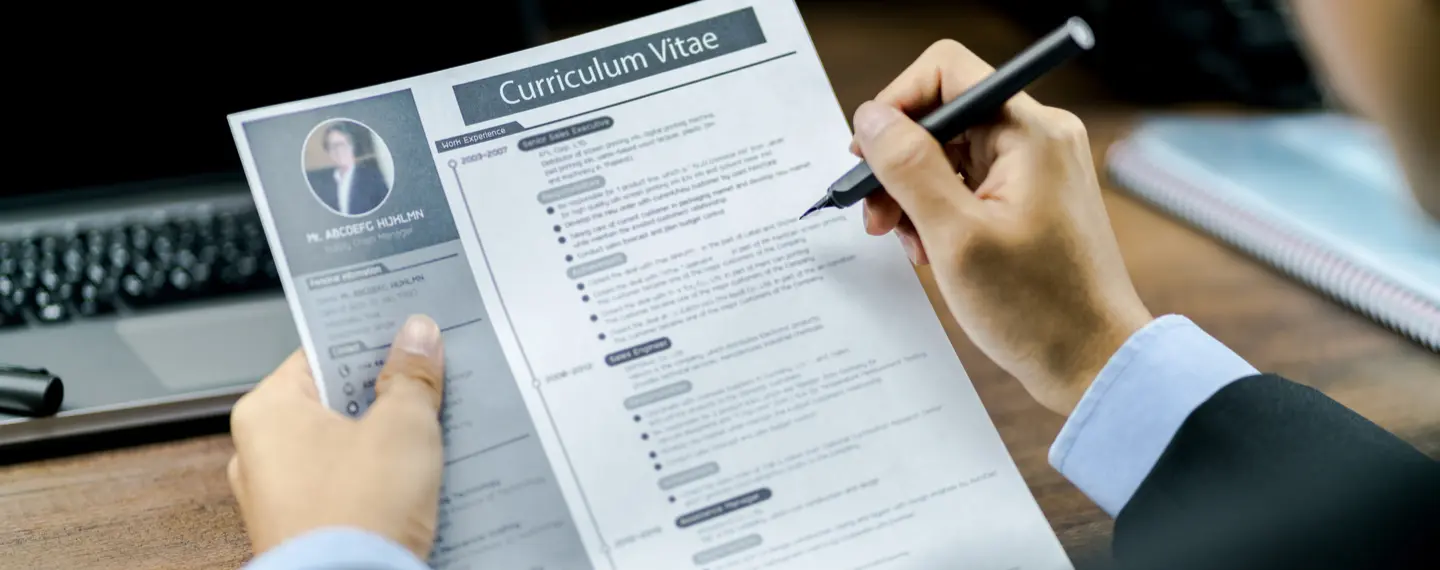Having high-calibre human resources professionals as part of your team not only improves employee relations but leads to talent attraction, retention, and a reputable employer brand.
Reed’s specialist HR recruitment consultants use their local market knowledge and our large Singapore database of human resources professionals, to help you find the best HR talent to support your business.
Our consultants are experts across five key HR practice areas including, diversity, inclusion & culture, organisational development, change & projects, generalist & operational HR, talent management & development, and strategic & leadership.
We recruit for temporary, interim, contract, and permanent staff, from junior roles such as HR assistants, through to senior and strategic positions (for e.g. HR directors).
As expert recruiters across the human resources function, our specialists understand that one size does not fit all. This is why we work strategically with you, combining exclusive HR insights with bespoke recruitment solutions.












